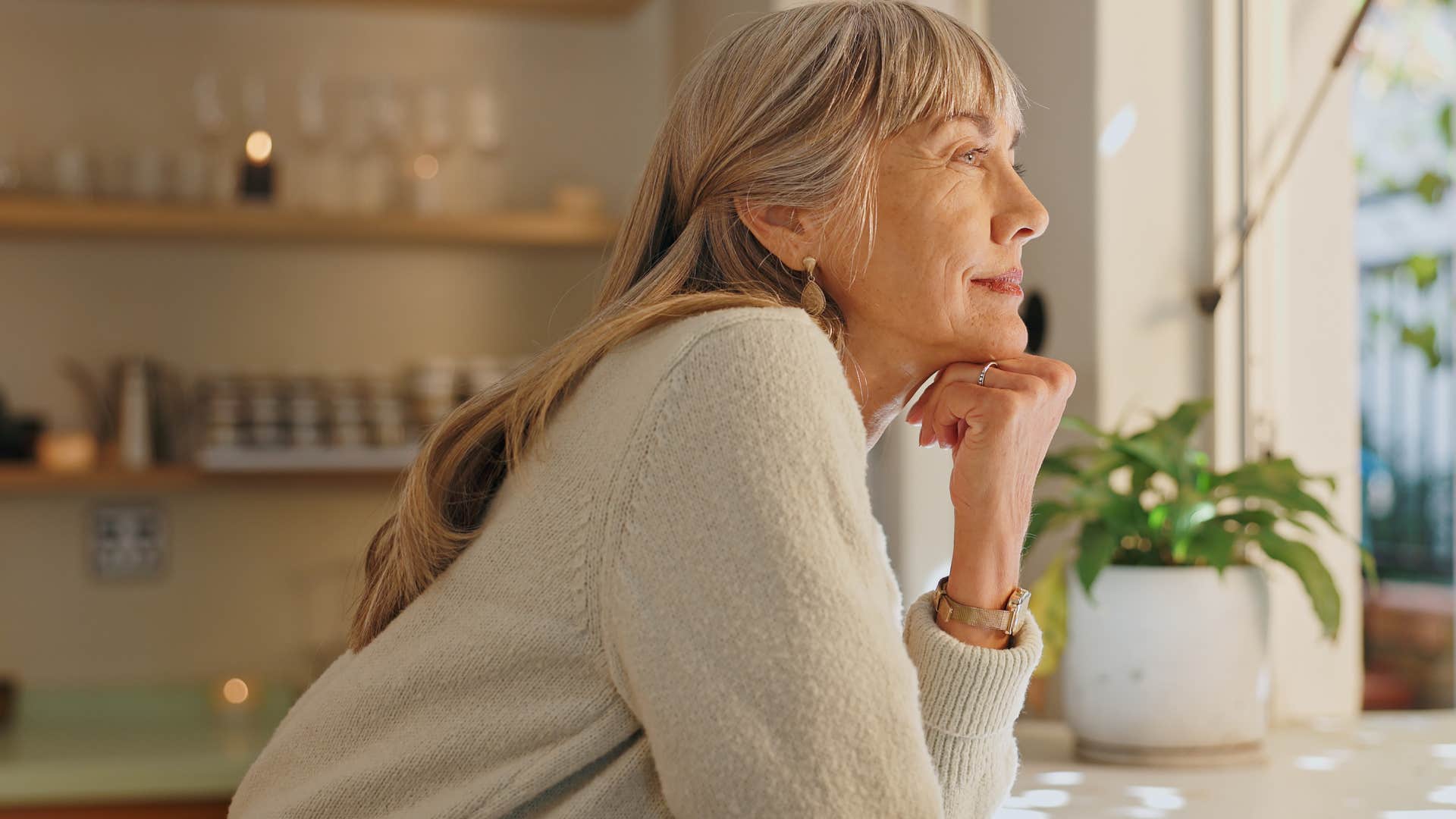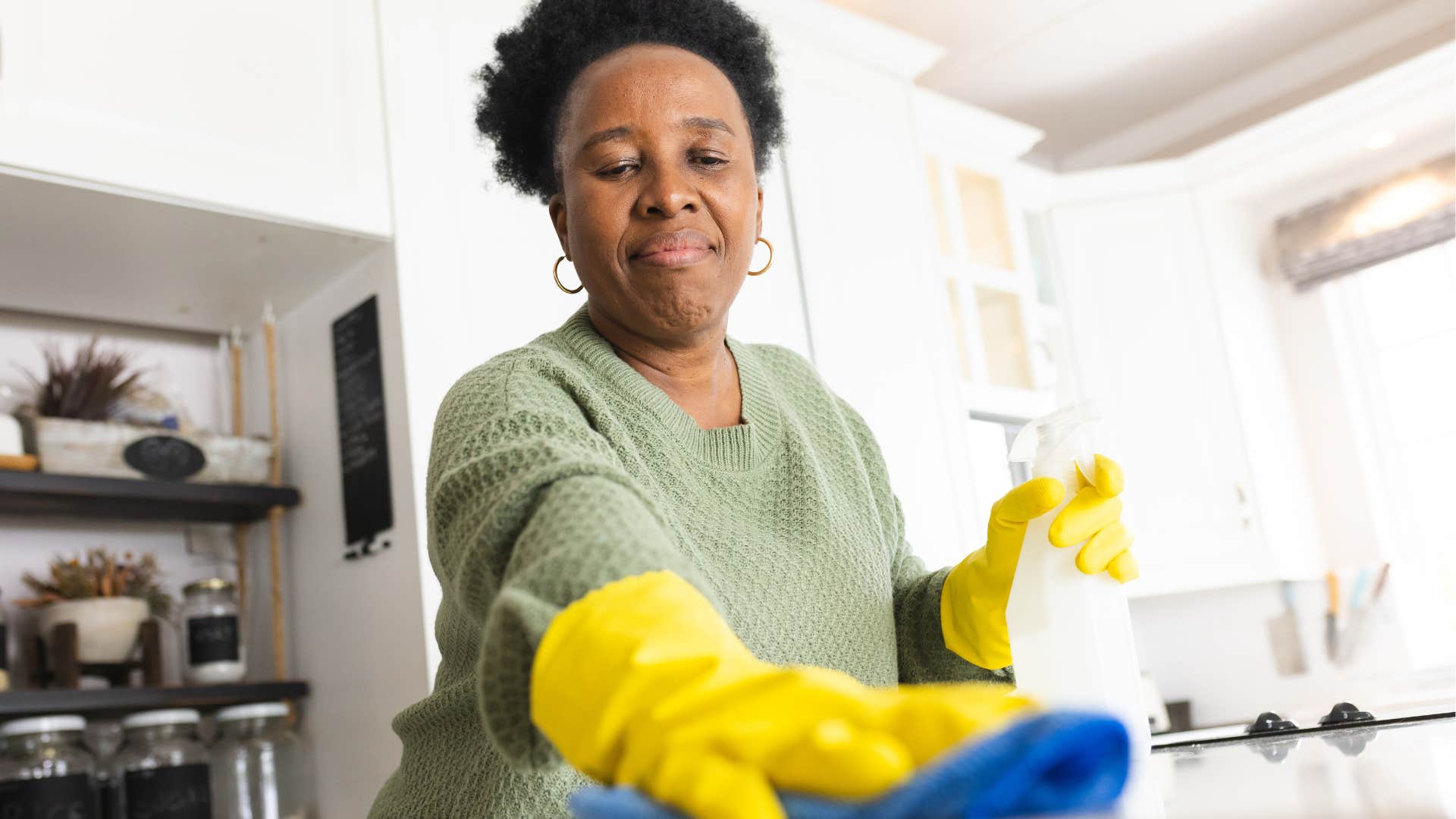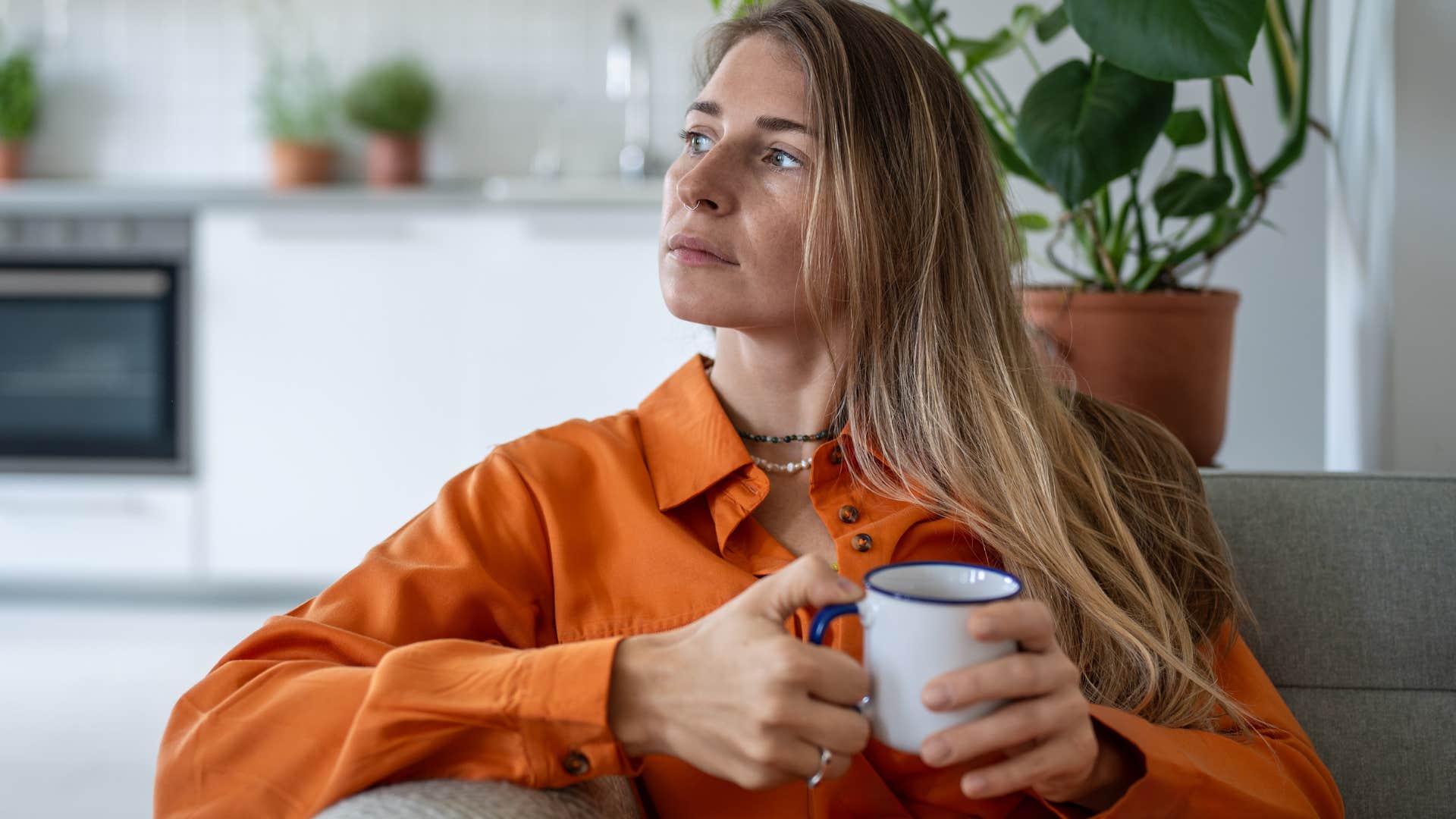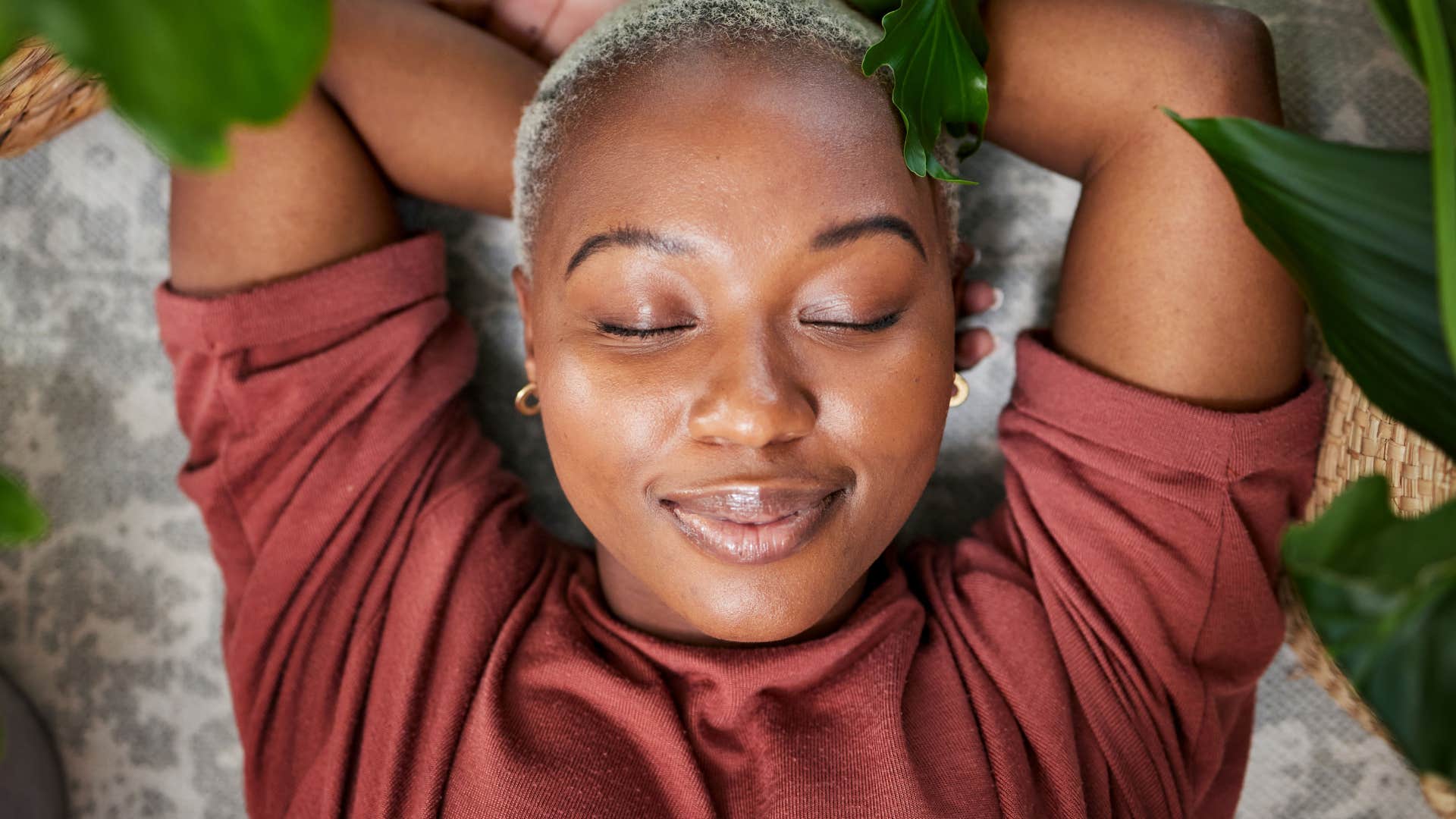People Who Prefer To Have No Plans On The Weekend Usually Have These 11 Reasons
People who prefer not to make plans on weekends know how to prioritize their well-being.
 Maridav / Shutterstock
Maridav / Shutterstock Especially in a modern world that encourages people to be available, productive, and busy 100% of the time, reclaiming your time and intentionally keeping weekends free is a radical act of self-care. Of course, it’s not always easy, especially in the face of peer pressure and societal guilt, but prioritizing this time for yourself can have more positive impacts on personal well-being, physical health, and psychological balance than you might believe.
People who prefer to have no plans on the weekend usually appreciate solitude and don't feel as pressured by societal expectations to fill their time. Even if it might seem lonely to some, investing in this self-care is a powerful way to recharge, relax, and grow on a personal level.
People who prefer to have no plans on the weekend usually have these 11 reasons
1. They’re burnt out from work
 Prostock-studio | Shutterstock.com
Prostock-studio | Shutterstock.com
According to therapist Janet Brito, one of the best ways to cope with burnout from emotional exhaustion, long working hours, or physical fatigue is to take the rest you need. Whether that means carving out intentional time for mindfulness throughout the week or saying no to weekend plans, combating burnout requires time for rest.
While the signs you’re actually burnt out may be hard to notice at first, chronic stress and fatigue will eventually become known, and one of the best ways to get back to being your best self is by giving your body and mind a chance to catch up and de-stress.
People who prefer to have no plans on the weekend are often either burnt out from work, trying to rest and de-stress, or actively trying to combat it by taking the weekends off when they’ve had a busy or chaotic week.
2. They love their solitude
 PeopleImages.com - Yuri A | Shutterstock.com
PeopleImages.com - Yuri A | Shutterstock.com
Loving alone time and solitude with yourself is a journey. It’s not always comfortable or exciting when you’re on a self-love journey. Whether it’s racing thoughts, overthinking, or guilt from societal pressures urging you to be constantly productive, embracing alone time has a number of hurdles to overcome before it can become a practice.
People who prefer to have no plans on the weekend often enjoy their solitude and make it a priority to spend time with themselves without distractions. Whether they use the time to reflect, invest in their hobbies, or simply de-stress from their week, carving out time without other people around them is important.
3. They’re introverts
 Andrii Kobryn | Shutterstock.com
Andrii Kobryn | Shutterstock.com
Many introverts need alone time to recharge their social battery. Especially if they work a demanding job filled with constant social interaction, their weekends and evenings may be the only time they have to truly embrace alone time before they’re shoved back into a demanding social atmosphere.
That’s why taking the weekends to themselves and avoiding plans is sacred. They listen to their own needs and cultivate a safe space to unwind, even if society and friends criticize them for their introverted habits.
4. They have fulfilling hobbies
 PeopleImages.com - Yuri A | Shutterstock.com
PeopleImages.com - Yuri A | Shutterstock.com
According to research from the National Institute on Aging, hobbies can be incredibly beneficial for boosting physical and mental well-being, especially with age, as you start to distance yourself from the hustle and bustle of constant productivity and social interactions.
People who prefer to have no plans on the weekend usually have these reasons. They simply prefer to invest time into hobbies and interests that add value to their lives, rather than passive social interactions and superficial conversations.
5. They’re not chasing validation
 PeopleImages.com - Yuri A | Shutterstock.com
PeopleImages.com - Yuri A | Shutterstock.com
Many young people who are still finding their identity and role in the world often struggle with FOMO, afraid they’re going to miss out on social events, connections, and fun when they choose to stay home. Not having plans feels like a personal attack, so when they truly do need rest and alone time, it can feel disillusioning to prioritize it.
However, many people who prefer to have no plans on the weekend have outgrown this need to chase validation, attention, and external acceptance by staying chronically busy. They know from personal experience that they show up as their best selves at work, in their relationships, and at home, when they’re not saying yes to plans and booking their calendars for other people.
6. They prefer deep connections
 AYO Production | Shutterstock.com
AYO Production | Shutterstock.com
Many people who say no to weekend plans and opt for staying home simply don’t appreciate the thrill of new superficial connections and small talk. They’d prefer to spend time with themselves, indulging their hobbies, and talking to their loved ones, than wasting time on a shallow connection with someone they just met.
Craving deeper meaning and connection is often what keeps them at home on the weekends, because when they do make plans, it’s with people that they know and trust to occupy their time.
7. They like to ‘reset’ their lives
 Wavebreakmedia | Shutterstock.com
Wavebreakmedia | Shutterstock.com
Whether it’s a cleaning routine, de-stressing activities, or simply resting after a chaotic week, people who prefer to have no plans on the weekend generally use this time as a reset.
According to a study from the Journal of Sleep Research, people who didn’t get enough sleep during the week and cultivated enough time to catch up on the weekends actually boasted better emotional and physical outcomes than their sleep-deprived counterparts. So, even if it means missing out on some social time and experience, prioritizing the rest you need is necessary and important.
8. They’re introspective
 DimaBerlin | Shutterstock.com
DimaBerlin | Shutterstock.com
Self-reflection is incredibly important for a number of reasons. It not only boosts a sense of self-concept, forming your identity and feeding into self-esteem, but it also gives people the chance to develop better self-awareness. People who prefer to have no plans on the weekend may simply need the alone time to feed their introspective habits, whether that means reflecting on their work, de-stressing from a chaotic routine, or simply indulging personal growth from their experiences from the week.
By leaning into introspective habits, these people also build better trust with themselves, cultivating a relationship that’s less reliant on overthinking and anxiety and more grounded in trust, self-love, and stability.
9. They have healthy relationships at home
 Ground Picture | Shutterstock.com
Ground Picture | Shutterstock.com
With chaotic schedules and busy weeks, many people who already have healthy partners or friends at home may struggle to make space for quality time with them on weekdays, which is part of the reason they prefer not to have weekend plans.
As a study from the Contemporary Family Therapy journal suggests, quality time will always prove more beneficial and fulfilling to relationships than a ton of superficial interactions will. So, even if intimate partners or friends are spending moments together throughout the week, the intentional quality time they get on the weekends, without distractions or time constraints, may be more important than going out.
10. They prioritize their mental health
 PeopleImages.com - Yuri A | Shutterstock.com
PeopleImages.com - Yuri A | Shutterstock.com
Even though it can be uncomfortable and tricky to say “no” to going out or making plans on the weekend, especially in our culture today, people who prefer to stay home often do so to prioritize their mental health. Even if it’s not easy to keep their schedule clear, they know that in order to show up as their best self, they have to make decisions that serve in their best interest.
While spending too much time alone may seem like a pathway to loneliness, as a study from the University of Michigan suggests, solitude, from a healthy and intentional perspective, can actually help people to combat mental health concerns and isolation.
11. They protect their peace
 GaudiLab | Shutterstock.com
GaudiLab | Shutterstock.com
You’ve likely heard phrases like “I’m protecting my peace” before, but what does that really look like in practice? For some, it means walking away from toxic relationships and situations, while for others, it’s a prioritization of alone time and rest that our society generally demonizes.
People who prefer to have no plans on the weekend may be subtly protecting their own peace, putting their own needs, rest, and well-being before anyone else’s in a radical act of self-love.
Zayda Slabbekoorn is a staff writer with a bachelor’s degree in social relations & policy and gender studies who focuses on psychology, relationships, self-help, and human interest stories.

